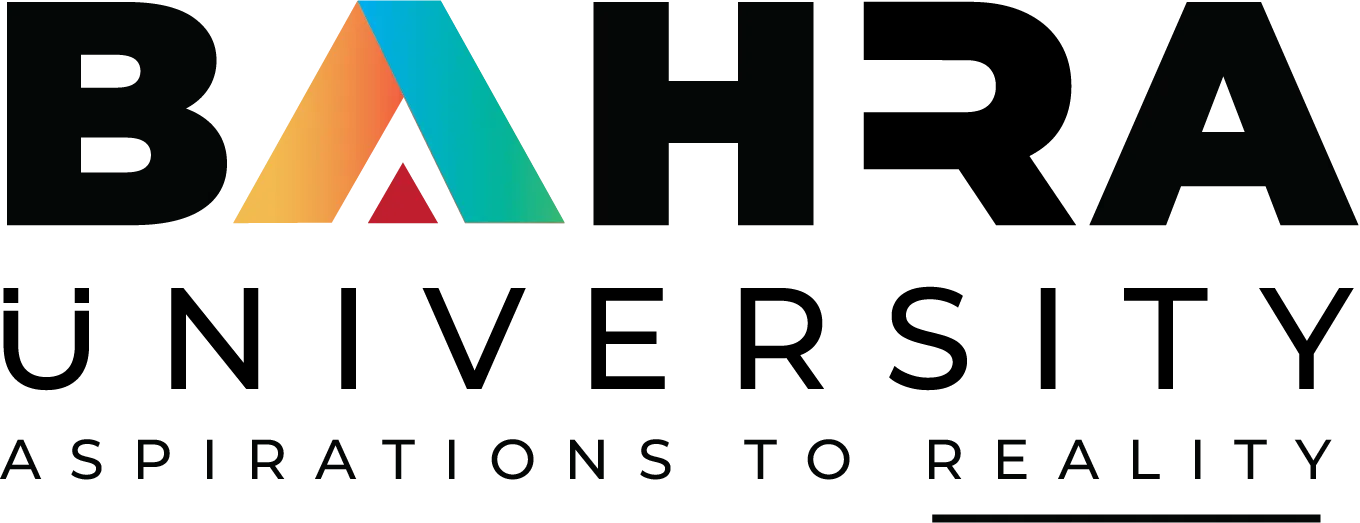At Bahra University, providing a barrier-free environment for differently-abled students would be a priority, ensuring that they have equal access to educational resources, facilities, and opportunities. The university would implement various measures to ensure that students with disabilities can fully participate in campus life without facing physical, social, or academic barriers. These facilities would be designed to promote independence, inclusion, and accessibility, allowing differently-abled students to thrive both academically and personally.
Physical Infrastructure and Accessibility
The university would ensure that its campus infrastructure is fully accessible to students with physical disabilities. This would include the installation of ramps, elevators, and wide doorways in key areas such as classrooms, libraries, laboratories, hostels, and common areas. Accessible washrooms and toilets would be available in all major buildings. Additionally, pathways and entrances would be clearly marked with signage and directional aids for ease of navigation. The campus would be designed to ensure that students with mobility impairments can move around freely without encountering physical obstacles.
Assistive Technologies and Learning Resources
Bahra University would equip its classrooms and computer labs with assistive technologies such as screen readers, audio books, speech-to-text software, and magnification tools. These technologies would assist students with visual impairments, hearing disabilities, and learning challenges, enabling them to access learning materials in alternative formats. Furthermore, e-learning platforms and online resources would be made available to accommodate various learning needs, allowing students to learn at their own pace and convenience. Faculty members would be trained to use these tools effectively and offer additional support to differently-abled students.
Specialized Support Services
The university would offer personalized academic support for students with disabilities, including note-taking assistance, extended exam time, and special seating arrangements. Dedicated academic counselors would be available to help these students with course material, study techniques, and exam preparation. The Equal Opportunity Cell (EOC) would work closely with the Disability Support Services to ensure that students with special needs are aware of the resources available to them and can access the necessary accommodations.
Hostel and Residential Facilities
Accessible accommodation would be available in the university’s hostels, with features such as wheelchair-accessible rooms, adjustable beds, and specialized equipment to support students with mobility challenges. The hostel facilities would ensure that differently-abled students feel comfortable and independent in their living spaces. The university would also ensure that common areas like kitchens, dining halls, and recreational spaces are accessible and inclusive, providing the necessary infrastructure for students to participate in daily activities.
Transportation and Mobility Assistance
Bahra University would provide accessible transportation services for differently-abled students, including specialized shuttle buses or vans equipped with ramps or lifts to ensure safe and easy travel across campus. Additionally, wheelchair assistance would be available for students who require support during their movement between different buildings and facilities. The campus would have designated parking spaces close to key entrances to accommodate students and staff with disabilities.
Counseling and Mental Health Support
Psychological and emotional support would be available for differently-abled students through the university’s counseling services. These services would focus on not only helping students cope with academic challenges but also addressing any social or psychological issues they may face as a result of their disability. The counselors would work with students to promote mental well-being, reduce any feelings of isolation, and offer support in overcoming personal barriers.
Awareness and Sensitization Programs
To promote a more inclusive and empathetic campus culture, Bahra University would regularly organize awareness programs and sensitization workshops aimed at both students and faculty. These programs would focus on fostering a deeper understanding of the challenges faced by differently-abled students and how the university community can better support them. Such initiatives would help reduce stigma and promote equality for students with disabilities, ensuring a more respectful and inclusive environment.
Career Development and Placement Support
The Career Development and Placement Center (CDPC) would provide specialized support to differently-abled students in preparing for internships, job placements, and career development. This would include resume writing assistance, interview coaching, and job search support tailored to the specific needs of students with disabilities. Additionally, the CDPC would work with employers to ensure that internships and job placements are accessible and inclusive, advocating for appropriate accommodations in the workplace.
Student Clubs and Extracurricular Activities
Bahra University would encourage the inclusion of differently-abled students in all aspects of university life, including student clubs, sports, cultural events, and extracurricular activities. The university would provide necessary support to ensure that these students can participate fully in all events and activities, making the university experience more enriching and fulfilling. For example, accessible sports facilities, adaptive sports programs, and inclusive events would be organized to ensure that differently-abled students can engage in physical, cultural, and social activities.
Grievance Redressal Mechanism
The university would have a grievance redressal system specifically for differently-abled students. This system would allow students to report any accessibility issues or challenges they face on campus, and the university administration would address these concerns promptly. The grievance redressal mechanism would ensure that students have a voice and can express their needs, fostering a responsive and supportive campus environment.
